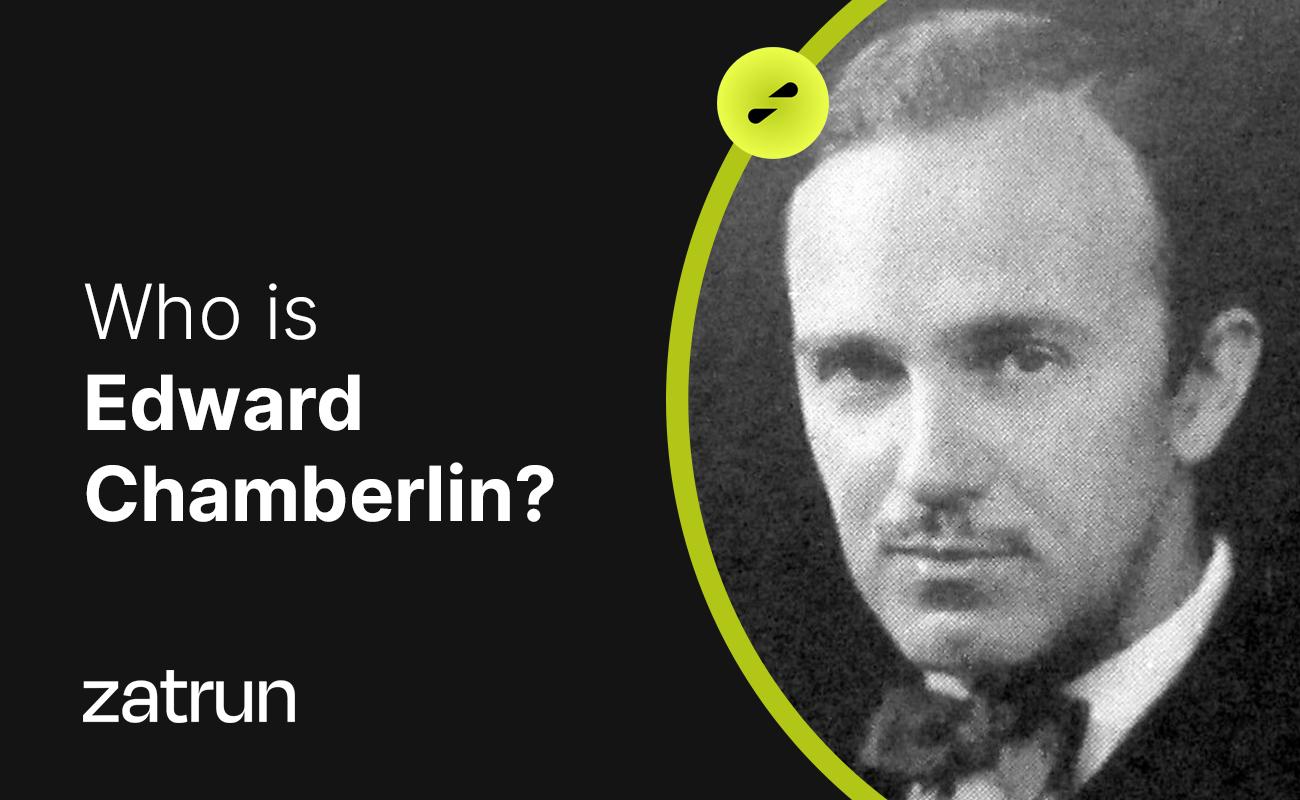Colin Clark was an English-Australian economist born in London in 1905. He attended the Dragon School in Oxford and Winchester College before graduating from the Chemistry Department at Brasenose College, Oxford in 1928. Clark went on to work as a research assistant with William Beveridge at the London School of Economics from 1928-1929, and with Sir Alexander Carr-Saunders and Allyn Young at Liverpool University from 1929-1930.
During this time, he campaigned unsuccessfully as a candidate for the Labour Party in the North Dorset (1929), Liverpool Wavertree (1931), and South Norfolk (1935) constituencies. If you want to learn more about Colin Clark, keep reading this article of Zatrun.com.
Who is Colin Clark?
Colin Grant Clark (2 November 1905 – 4 September 1989), was an economist and statistician from both the United Kingdom and Australia. He was a pioneer in the use of gross national product (GNP) as the primary metric for analysing national economies.

In 1930, he was appointed as a research assistant to the National Economic Advisory Council, which was formed by Prime Minister Ramsay MacDonald. He resigned shortly after being asked to write a background paper on protectionism. However, one of the council members, John Maynard Keynes, appointed him to give statistical lectures at the University of Cambridge.
Colin Clark began analysing national economies based on gross national product (GNP). After graduating from Oxford, Clark worked as a research assistant with William Beveridge at the London School of Economics (1928-1929) and with Sir Alexander Carr-Saunders and Allyn Young at Liverpool University (1929-1930). During this time, he ran unsuccessful campaigns as a candidate for the Labour Party in the North Dorset (1929), Liverpool Wavertree (1931), and South Norfolk (1935) constituencies.

He accepted a position with the Queensland government in Australia after being invited by Premier Forgan Smith during a visit to Australia and New Zealand in 1937 and 1938. When he wrote to Keynes about his decision, he stated that the chance to advise the premier on anything related to the economy was “too good an opportunity to miss for putting economics into practice.” He was appointed as the Financial Adviser to the Treasury and Director of Business Administration for the Queensland government, working as a government statistician in 1938.
His Last Years and Activities
Colin Clark held a second appointment with the Food and Agriculture Organization in Rome in 1951, and later went to the University of Chicago in 1952. He served as the director of the Agricultural Economics Research Institute (AERI) from 1952-1969 and at Oxford University, and then returned to Monash University in 1969 to become the director of the Institute of Economic Progress.

Sir Arthur Lewis served as a research consultant at the Queensland University Economics Department until his death in 1989. He was a member of the Econometric Society Board of Directors from 1948-1952. Lewis, Gunnar Myrdal, W.W. Rostow, and Jan Tinbergen were dubbed the “planes of development” by the World Bank in 1984. They became the first recipients of the “Distinguished Fellow” award given by The Economic Society of Australia, along with Professor Trevor Swan in 1987.












